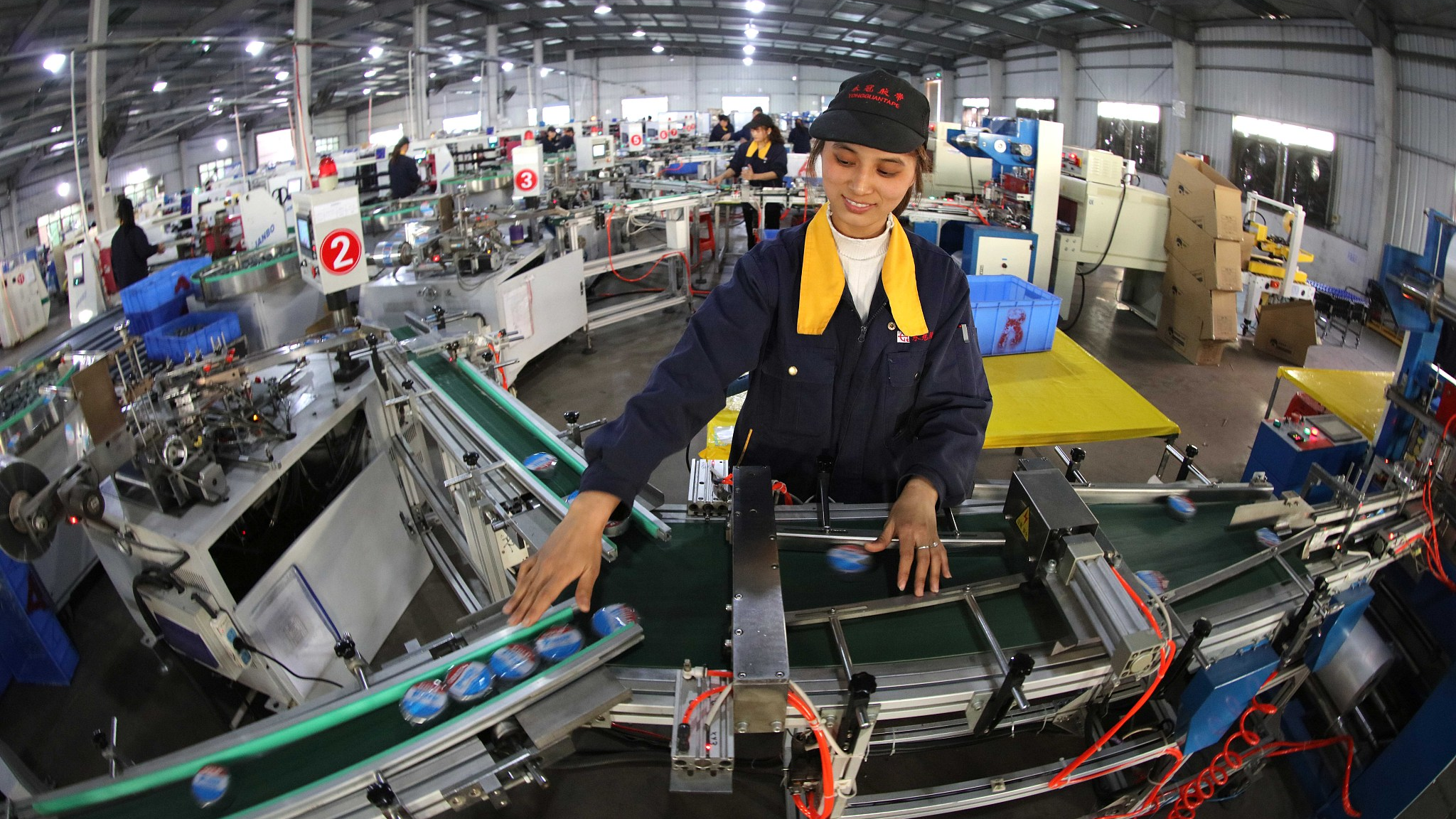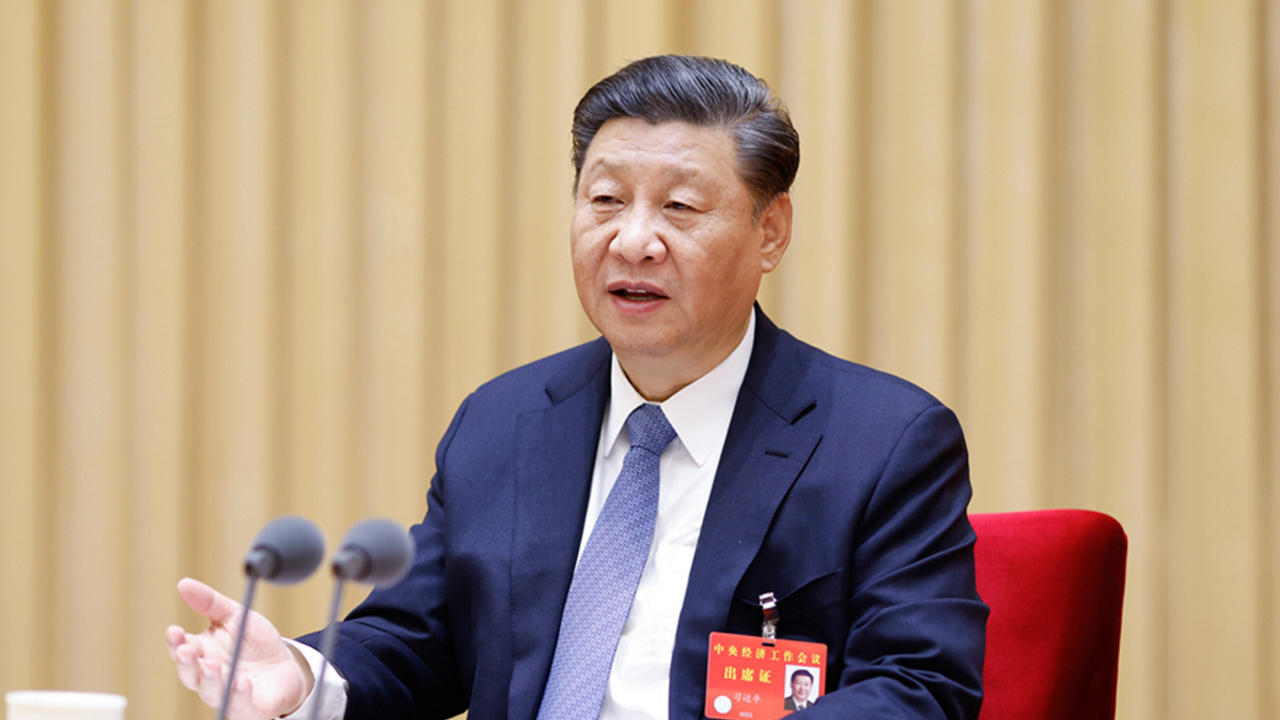
Workers in front of a factory assembly line in east China's Jiangxi Province. /CFP
Workers in front of a factory assembly line in east China's Jiangxi Province. /CFP
China will boost its technological innovation by expanding the state's role in organizing major science and technology programs, according to a statement released Friday.
The decision, highlighting the urgency to develop demand-driven technology and technology that has restricted national development due to foreign bans, was made during a meeting which outlined development priorities for 2021.
The meeting urged institutes and universities to draw up 10-year action plans in some key areas. The latest example that China has benefited from a long-term plan is the Chang'e-5 lunar exploration mission, which began in 2004.
The project made China the third country in the world after the U.S. and the Soviet Union to successfully bring back lunar samples, verifying the technical skills and capability to explore the solar system.
The mission team tested four Chang'e spacecraft in its "three-step program" in the past decade. Previous missions included orbiter testing, soft landing, and using a rover to study the lunar geology.
02:11

Leaders at the meeting also called for establishing national centers for basic research, an area China lags behind when compared with some western countries.
Funding for basic science, according to the official data released last year, accounts for just 5 to 5.6 percent of overall research and development spending. In contrast, the U.S. spends about 18 percent on basic research while other developed countries spend between 15 and 20 percent.
"The government supports basic science research by either directly giving money to research institutions or allowing them to bid for projects," Zhang Xiaoyuan, expert at the Ministry of Science and Technology, said, adding that contribution from companies and other sources remains low.
He said the central government should encourage local governments and tech giants to play bigger roles in some major projects and explore new ways to raise funds for basic science research.
Beijing has recognized the importance of developing basic science since it is the foundation of major breakthroughs and can fuel the technological innovations of applied science.
Additionally, the meeting also said China needs to build more independent and sustainable supply chains to ensure industrial and national security.
The U.S. has banned its companies from selling American parts to Huawei and pressured its European allies to follow suit in an attempt to restrict China's chip industry and 5G development.
The country has outlined strategies for greater self-sufficiency in some key areas as it unveiled its five-year economic plan in April. Incentives and tax exemptions have also been given to companies and manufacturers in the industry.
Read more: China unveils tax exemption to boost self-sufficiency of domestic chip makers

